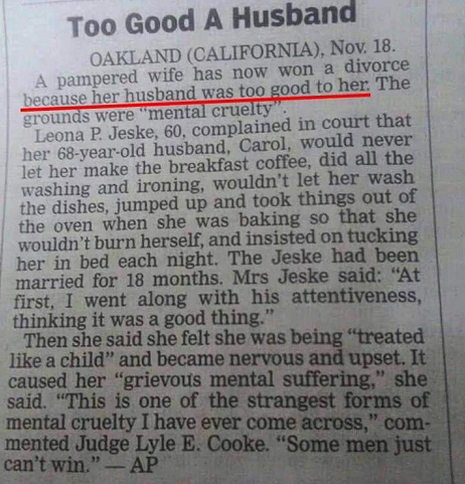Let’s look at the differences:
In the Collaborative Process the Collaborative Financial Professional has full responsibility for preparing all requests for records. The attorney’s role is to make sure that their client complies. In a litigated case, the financial professional prepares a list of records needed, supplies it to the counsel, a Request for Production is prepared and filed with the court. Once the records are gathered a formal response to the request must be filed. If the response is incomplete, a motion to compel is filed and a court hearing must be held. So before the real work on the financial issues even begins, thousands of dollars in fees have already been spent.
The Collaborative Team meetings have a structured agenda, and the needs of the parties are handled in an efficient and cooperative manner. Usually, the first team meeting’s agenda covers temporary issues and needs. In a litigated case, temporary needs are usually handled in a lengthy court hearing requiring testimony of both parties, in addition to the possibility of two financial experts and mental health professionals testifying on child issues.
Finally, throughout the Collaborative Process the entire team is working towards settlement. This allows the divorcing parties to gain the understanding they need to make an intelligent and informed decision without duress or pressure before the final team settlement meeting. This meeting usually leads to a mutually beneficial agreement utilizing interest based negotiations. These efficiencies and shortening of the divorce process lead to much lower bulls from the professionals. In a litigated case the parties and their professionals hold their positions to themselves until the court ordered mediation. Due to this lack of openness and honesty and the use of positional negotiations, these mediation sessions are a long and egregious process and usually end with the parties reaching their agreement based on the need to “stop the financial drain” of litigation.
With the attorneys not filing endless motions and attending numerous court hearings and with all team members cooperating with each other and working towards the same goals, and through the use of a neutral financial expert, there is little doubt that the Collaborative Process is a less expensive option for you.



